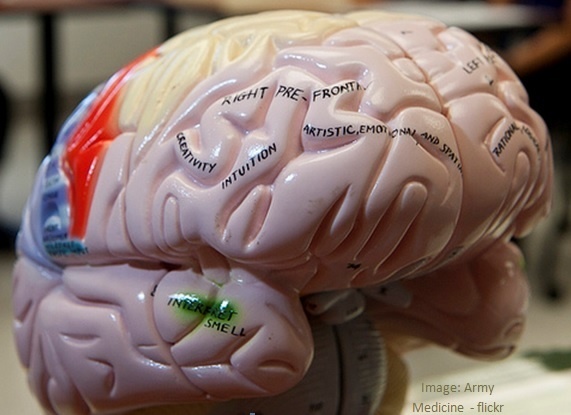
Occupational Therapy for Traumatic Brain Injuries
Traumatic brain injuries (TBIs) occur when a person’s head is severely hit or shaken, or, when an object enters the brain. The range of injury may be from mild to serious and people who have experienced a TBI may have memory problems, fatigue, poor judgment, confusion as well as anxiety and depression.
According to Synapse, around 1.6 million Australians are affected by some form of acquired brain injury. The American Occupational Therapy Association has released a tip sheet for adults with a TBI, to assist them in their daily activities. Tips are divided into addressing four main areas of concern.
1. Addressing problems with organization, memory and attention span
- An occupational therapist can help create a daily plan and select tools such as a smartphone, tablet, notebook or small voice recorder to assist in everyday tasks, as well as help patients to practice skills such as cooking, buying groceries, going to work or school and attending social events
2. Feeling more in charge of behavior and emotions
- An occupational therapist can work with the client to determine what triggers anger or frustration and teach techniques to relax and manage anger
3. Safety
- An occupational therapist can assess the patient’s judgement and skills such as reliability, impulsiveness and self-awareness so that the client and their family members will know what support is required for the patient to be as independent at possible
- The safety assessment and recommendations may include modifications to the home, and how daily tasks such as dressing, bathing and cooking are done
- A driving assessment may need to be carried out, with adaptations made. Where the client is no longer able to drive, the OT will assist in finding other suitable modes of transport
4. Participating in school, work and volunteer activities
- An OT can help the client practice social behaviours and skills required to return to school, work, or volunteering and ensure that all the necessary supports are in place for this occupational task
You can visit Synapse’s website here.

